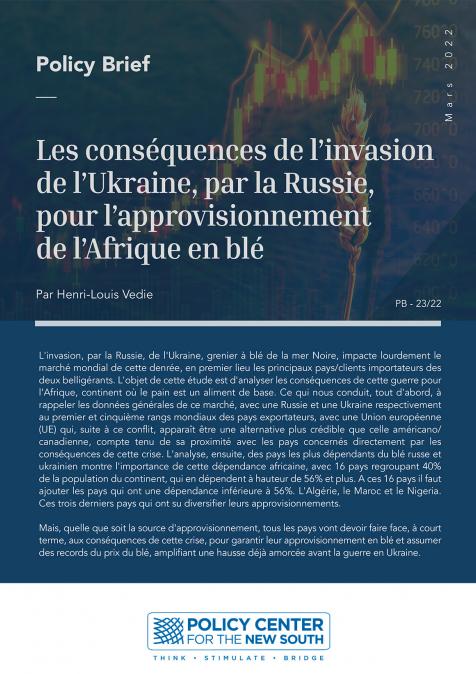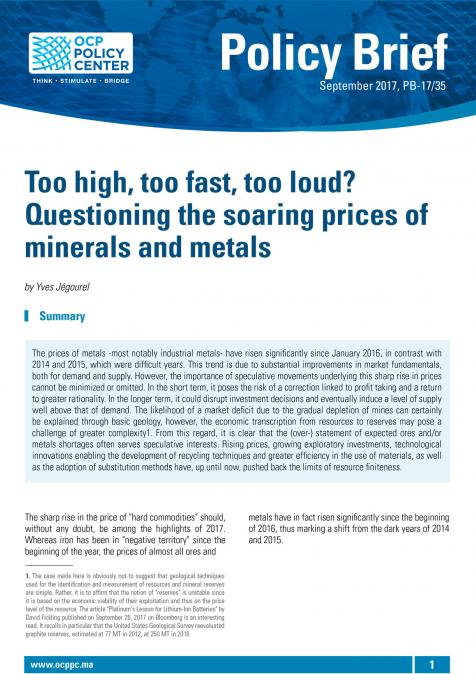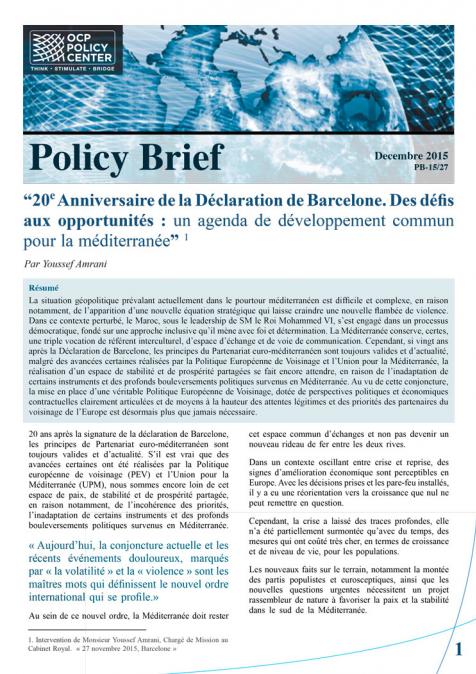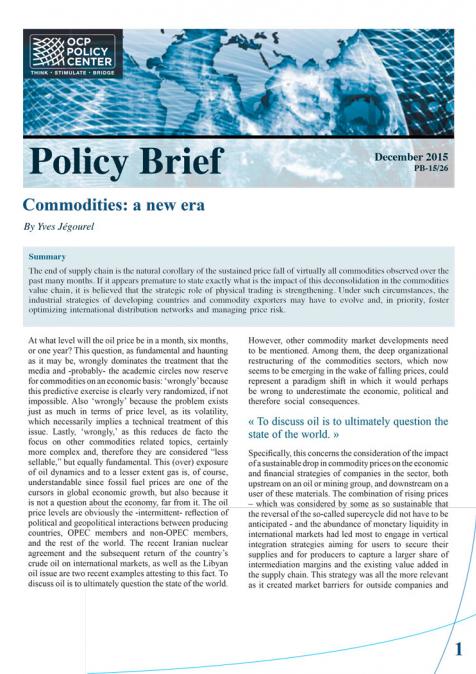Publications /
Policy Brief
L'invasion, par la Russie, de l'Ukraine, grenier à blé de la mer Noire, impacte lourdement le marché mondial de cette denrée, en premier lieu les principaux pays/clients importateurs des deux belligérants. L'objet de cette étude est d'analyser les conséquences de cette guerre pour l’Afrique, continent où le pain est un aliment de base. Ce qui nous conduit, tout d'abord, à rappeler les données générales de ce marché, avec une Russie et une Ukraine respectivement au premier et cinquième rangs mondiaux des pays exportateurs, avec une Union européenne (UE) qui, suite à ce conflit, apparaît être une alternative plus crédible que celle américano/ canadienne, compte tenu de sa proximité avec les pays concernés directement par les conséquences de cette crise. L'analyse, ensuite, des pays les plus dépendants du blé russe et ukrainien montre l'importance de cette dépendance africaine, avec 16 pays regroupant 40% de la population du continent, qui en dépendent à hauteur de 56% et plus. A ces 16 pays il faut ajouter les pays qui ont une dépendance inférieure à 56%. L'Algérie, le Maroc et le Nigeria. Ces trois derniers pays qui ont su diversifier leurs approvisionnements.







